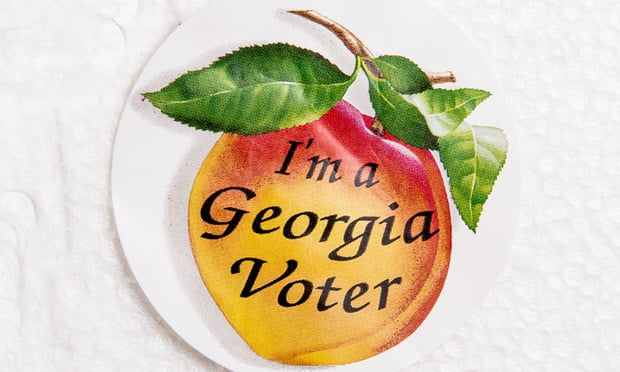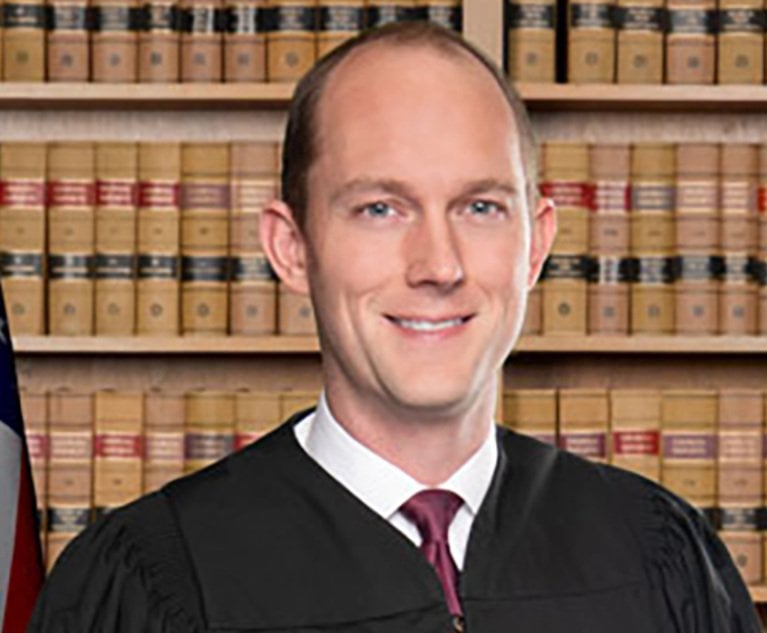Georgia voters have approved a measure that lifts sovereign immunity, making it easier for citizens to challenge the constitutionality of state actions.
In another ballot measure, voters agreed that money collected for special funds set up by the Legislature must be dedicated to their stated purpose.
With 74% of the vote, a measure was approved to ensure that sovereign immunity may no longer be used to shield the state from lawsuits seeking to have a law declared unconstitutional or asking a judge to enjoin its enforcement.
The measure is meant to undo several years of state Supreme Court rulings expanding state sovereign immunity, beginning with 2014 decision declaring that state agencies and officials are not subject to petitions seeking injunctive relief.
In 2016, the justices ruled that actions for declaratory were also barred, then in 2017 a third ruling closed off any avenue to challenge a law’s constitutionality.
Legislation aimed at reversing those rulings passed the General Assembly twice by overwhelming margins, only to be vetoed by Govs. Nathan Deal and Brian Kemp.
The amendment question passed Tuesday asked: “Shall the Constitution of Georgia be amended to waive sovereign immunity and allow the people of Georgia to petition the superior court for relief from governmental acts done outside the scope of lawful authority or which violate the laws of this state, the Constitution of Georgia, or the Constitution of the United States?”
Its passage as a constitutional amendments takes the issue out of Kemp’s hands.
A larger majority—81%—backed the measure regulating spending from specially-designated funds created by the General Assembly.
The ballot question asked: “Shall the Constitution of Georgia be amended so as to authorize the General Assembly to dedicate revenues derived from fees or taxes to the public purpose for which such fees or taxes were intended?”
Voters’ approval means add-on fees meant for specific purposes like the Solid Waste Trust Fund, which have been funneled to other purposes by lawmakers in the past, must be used for their designated purposes.


 (Courtesy photo)
(Courtesy photo)





